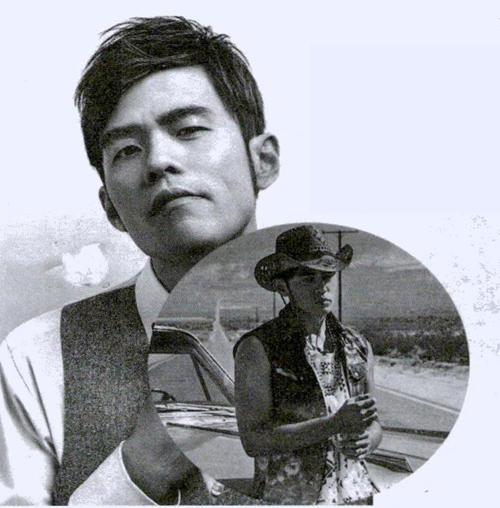Jay—A Revolutionary Musician
2020-10-26韩同博选注
韩同博 选注

The US weekly magazine Time Asia once featured Jay Chow as its cover story, in which the article asked “How Did A Kid With An Overbite Become Asia's Hottest Pop Star?”
Since the release of his first album, Jay, in November 2000, which delivered brooding, soulful, surprisingly quiet pop tunes, he has become Asia's top pop star. He puts away traditional vocal rules of pop music, and brings a new music style for us.
Inarticulate① or R&B?
Not a single singer in the Chinese music industry has pronounced lyrics as unclearly as Jay Chow does. Though this has aroused much criticism② from some people, Jay was still beloved by his fans.
Compared with English or Cantonese, the pronunciation and tone of Chinese mandarin does not transfer well into melody③. Jay gave up this kind of pronunciation and created a unique and unclear pronunciation to go with R&B or Rap. Nobody understood what he was singing at first, but that actually drew our attention, and now, more and more singers try to sing songs like him.
No Vincent Fang, No Jay Chow
Jay Chow could never be Jay Chow without his loyal partner, lyric writer Vincent Fang or Fang Wenshan. His inconsistent, and even anti-text lyrics
probably do not make sense to some people, but this type of lyric has been regarded as an experimentation, which happens in both modern art and drama as well. The wisdom lies in the perfect match of fragmented④ lyrics and the singer's unique pronunciation. Most importantly, the young men love it.
Rhythmical⑤ or Not?
Chinese pop music emphasises⑥ more on melody than on rhythm. Jay Chow's music is an exception. He adopted multi-tunes from different music styles, like R&B, Soul, Rap, Classical, and Metal Rock and reconstructed them to his own music.
Rebellion⑦ or Vanity⑧?
Music is a way of expression. The novelty of music demands rebellious spirit—shake down old rules and voice. The present era requires new music elements.
Big names like Elvis Presley, the Beatles, and the Sex Pistols, all have left their mark on music history. Jay Chow cannot compare with them yet, but his music has similar characteristics.
Notes: ①inarticulate /?In??tIkj?l?t/ adj. 含糊不清的 ②criticism /?krItIsIzm/ n. 批評 ③melody
/?mel?dI/ n. 旋律 ④fragmented /fr??mentId/ adj. 片断的 ⑤rhythmical /?rI?mIkl/ adj. 有节奏的
⑥emphasise /?emf??saIz/ v. 强调 ⑦rebellion /rI?belj?n/ n. 叛逆 ⑧vanity /?v?n?tI/ n. 自负
